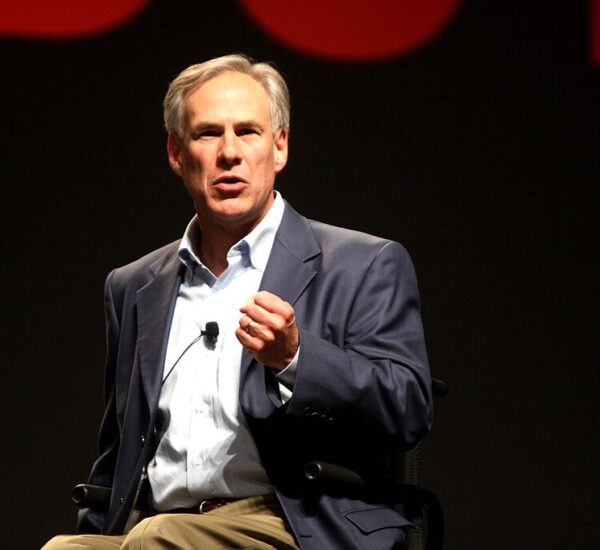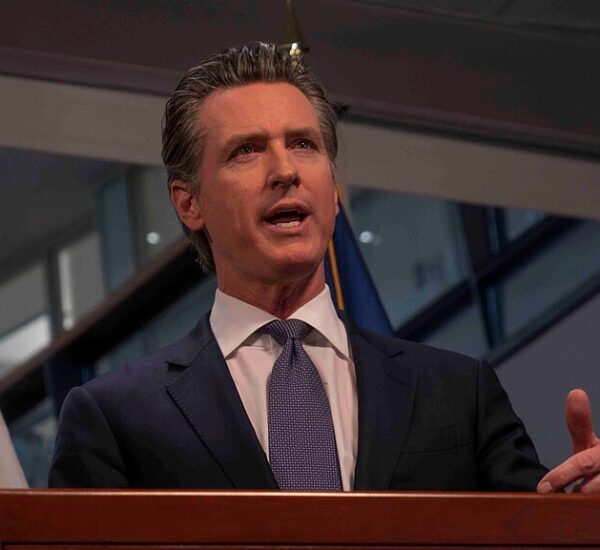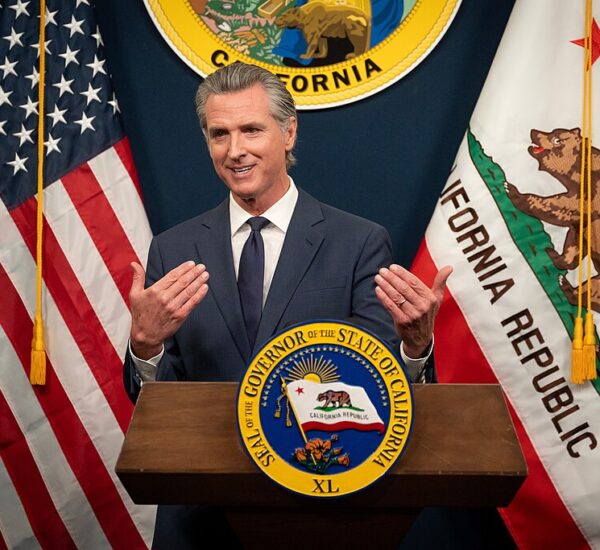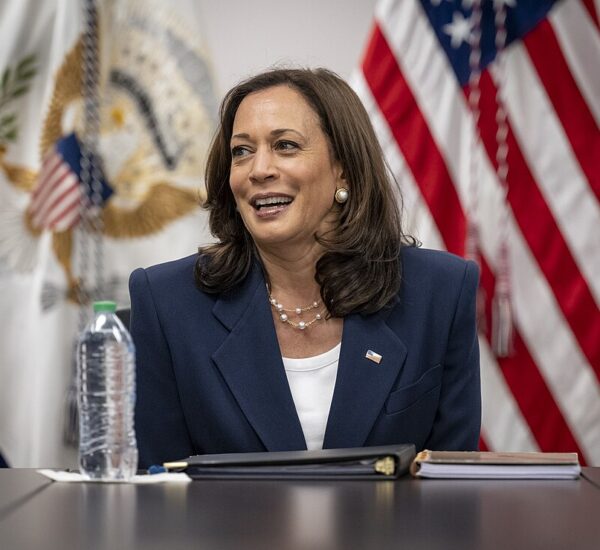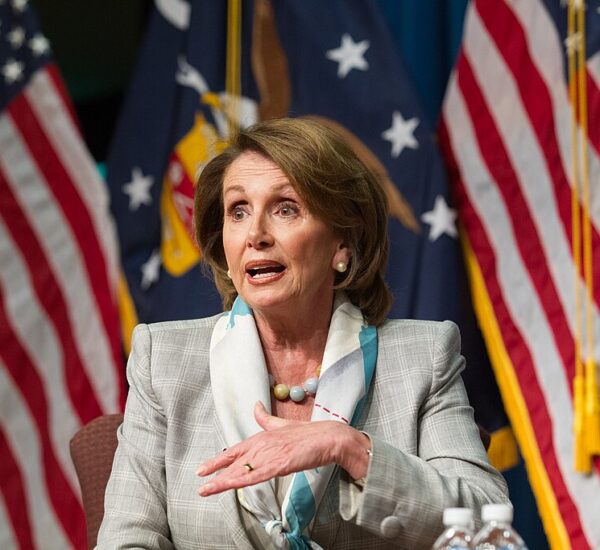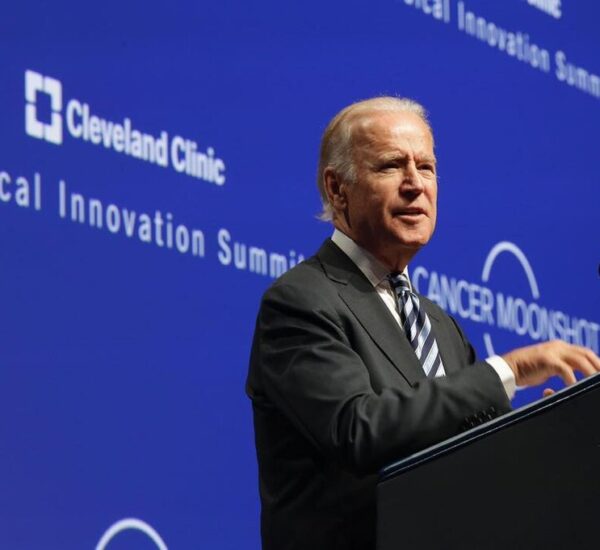Trump Hurts Major Automaker?
(Washington, D.C.) – President Donald Trump’s bold “America First” trade policies are shaking up the global auto industry — and foreign carmakers are feeling the heat. Toyota Motor Corp. has reported that it expects a staggering $1.3 billion loss in profits over just two months, directly tied to Trump’s proposed 25% tariffs on imported cars and auto parts.
This hard-hitting move is part of the Trump administration’s larger effort to rebuild American manufacturing and cut dependence on foreign suppliers, especially those that take advantage of U.S. markets without investing here.
Toyota, which imports a large portion of its vehicles and parts from Japan and other countries, warned that its operating income will drop more than 20% due to the new trade measures. The company, despite posting a record-breaking $32.4 billion in profits last year, now finds itself under pressure to shift operations to U.S. soil or face mounting losses.
Trump Delivers for American Workers
President Trump’s proposed tariffs aren’t just about economics — they’re about economic patriotism. By hitting foreign auto giants with a 25% import tax, the administration is sending a clear message: American jobs come first.
To soften the blow for automakers willing to adapt, the White House has introduced a two-year relief structure: a 15% price offset in the first year and 10% in the second — a calculated move designed to encourage relocation of manufacturing plants to the U.S. without punishing transitional partners too harshly.
This policy could create thousands of new jobs, revive struggling towns, and revitalize domestic auto production. It’s a long-term play — but one with major benefits for the American economy and workforce.
Japan Pushes Back, But Trump Stands Firm
Japan’s lead trade negotiator, Ryosei Akazawa, warned that companies like Toyota, Nissan, and Honda are losing up to $1 million per hour under the current tariff structure. But President Trump has made it clear: national security and economic sovereignty are non-negotiable.
In fact, foreign auto parts that were originally at risk of double taxation — once under car tariffs, again under metal tariffs — are now subject to a single highest-rate tariff per product. This approach is smarter, more targeted, and keeps pressure focused where it counts.
Trump has already paused retaliatory duties against most allies — with China remaining the main target of his hardline stance. But trade talks are ongoing, and the administration has left the door open for adjustments based on what’s best for the American people.
What Comes Next?
With Japanese automakers Nissan and Honda set to release earnings next week, analysts are watching closely. Will they echo Toyota’s losses — or begin investing more in the U.S.?
One thing is clear: President Trump isn’t backing down. His commitment to restoring American industry is unwavering — and millions of American workers are finally seeing leadership that puts their interests first.

